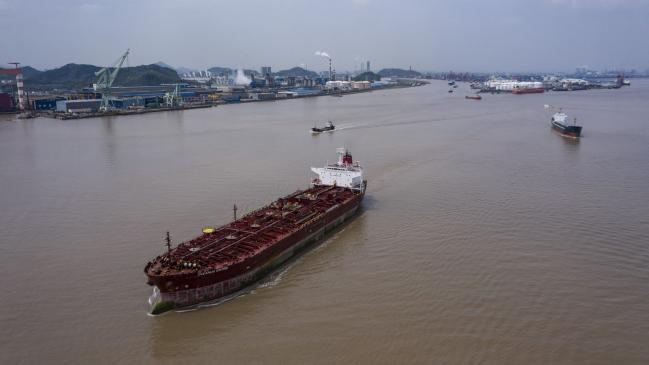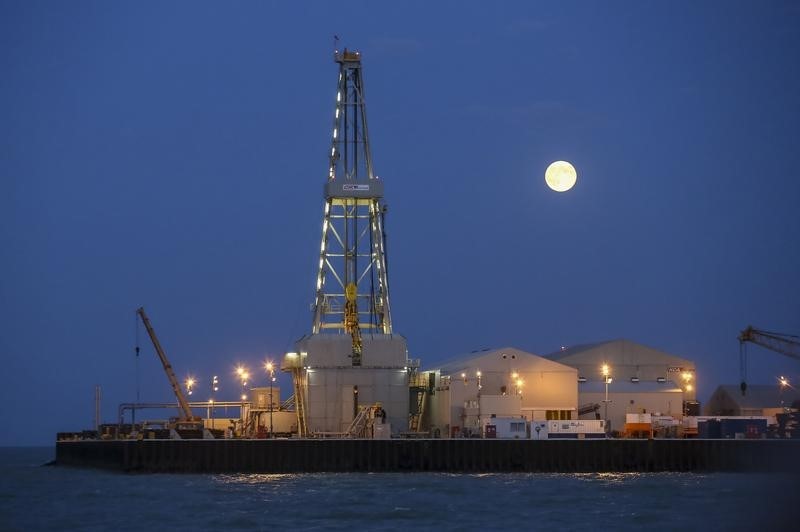(Bloomberg) -- A rally in the physical oil market is losing steam as Asian refiners ease purchases after an earlier-than-usual buying spree.
Many processors in the region have almost fulfilled their needs for spot cargoes that will be mostly loaded in January and February, according to traders. Asian demand had driven up the price of real barrels of oil everywhere from the Middle East to Russia and Latin America, with some independent Chinese refiners snapping up crude early in the month to secure supply.
Abu Dhabi’s Murban crude was last week sold in the Asian spot market below its official price for the first time since August, with Total SE also offering the grade at a discount on S&P Global (NYSE:SPGI) Platts’ electronic platform on Friday. Spot differentials for Russia’s ESPO have also slipped from a six-month high.
The drop in Russian and Middle Eastern oil prices has been exacerbated by higher oil pricing from Persian Gulf producers and refiners acquiring cheaper crude from the Atlantic Basin, especially the U.S. While this buying initially pushed American oil prices higher, purchases have declined and the cost of physical barrels has followed.
The premium of Oman crude versus Dubai oil, meanwhile, fell to the lowest in more than three weeks on Monday, another indication of softness in the physical market. The backwardation in January-February Dubai swaps also narrowed to 17 cents a barrel the same day, compared with 33 cents at the start of last week, according to data from PVM Oil Associates.
Buying hasn’t come to a complete halt, however. China’s Rongsheng Petro Chemical Co. is seeking light or medium oil for loading in February, Taiwan’s Formosa Petrochemical Corp. is looking to buy cargoes loading the same month, while India’s Mangalore Refinery & Petrochemicals Ltd. has a tender out for more prompt high sulfur crude. South Korean refiners have also purchased about 8 million barrels of North American crude for March arrival.
China, meanwhile, gave private refiners and traders almost 123 million tons of oil-import quotas in the first allocation for 2021, 18% more than the first batch for this year, according to people familiar with the matter.
Recent easing in Asian buying has filtered through to other markets. Caspian CPC Blend, which is made up of crude from Kazakhstan and shipped from a terminal in the Black Sea, has weakened, while in the U.S., physical prices eased 20 to 40 cents a barrel within about a week. Permian grades such as West Texas Intermediate were $1.45 above Nymex futures on Monday, after reaching a $1.80 premium on Dec. 14.
Key North Sea crudes, especially Forties, are still holding, but traders said demand isn’t strong enough to mop up almost 7 million barrels that are being stored on tankers.
(Updates chart, prices in eighth paragraph and box.)
©2020 Bloomberg L.P.

